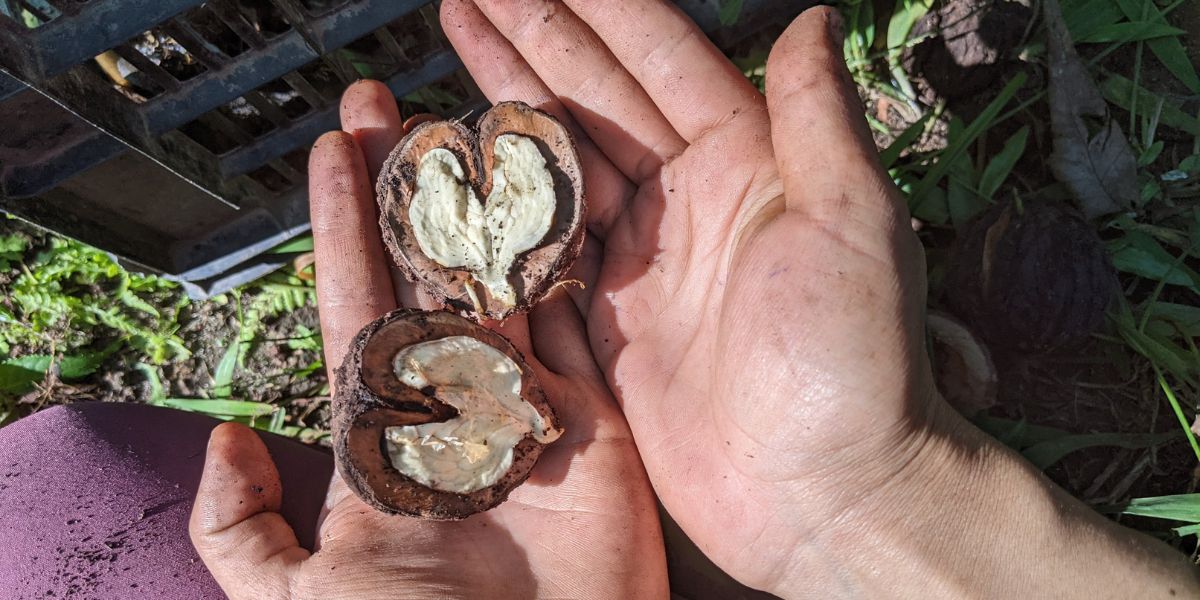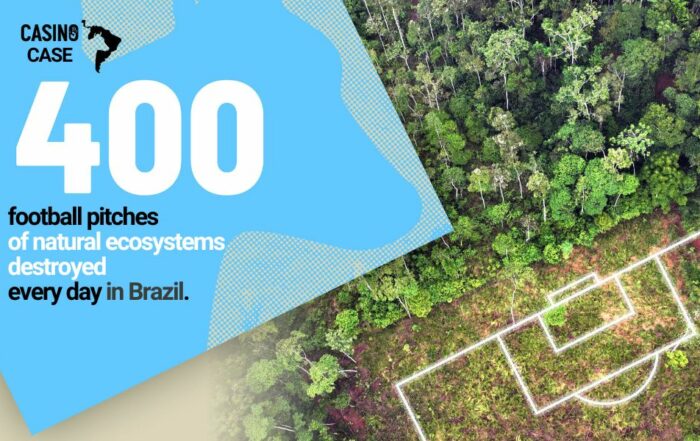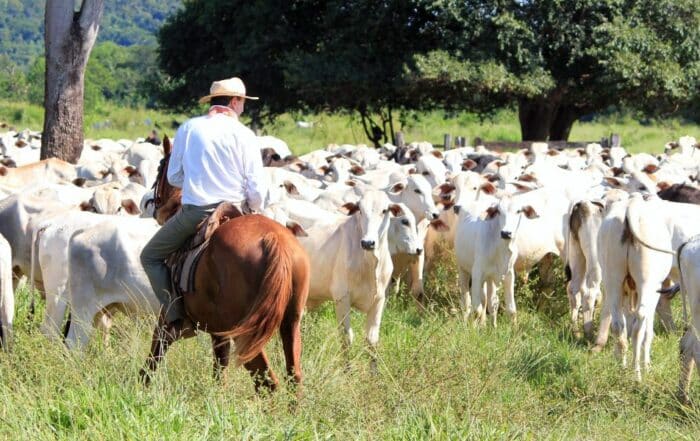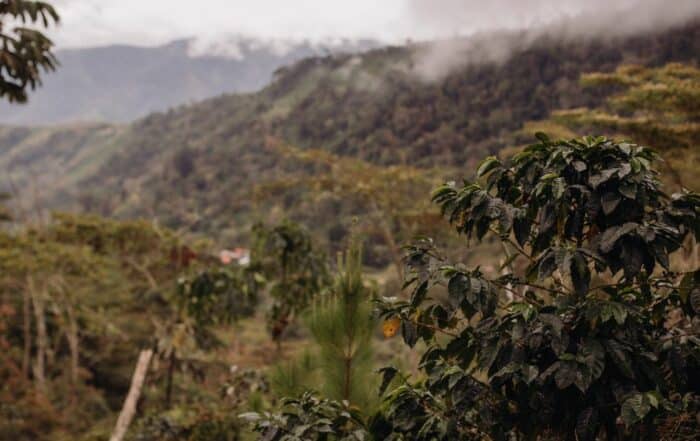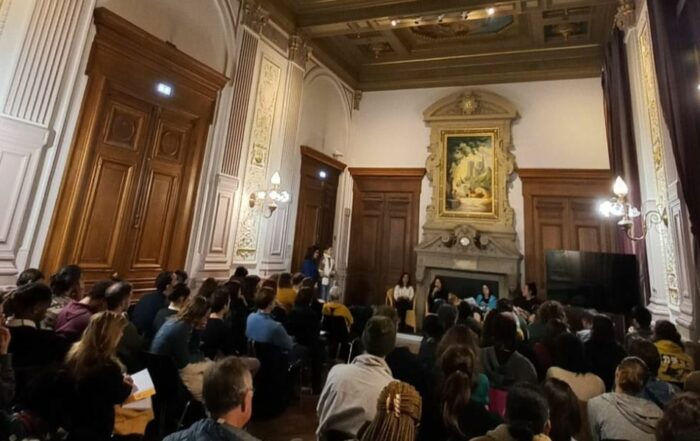In the Peruvian Amazon, illegal logging is one of the main problems faced due to the high economic value of the timber. In addition, the limited control of extraction by the State means that many species have reached the point of extinction.
Such is the case of Juglans neotropica, better known as “black walnut,” which is classified as an endangered species by the International Union for Conservation of Nature (IUCN). Its wood is highly commercialized because it is used for joinery, beams, boards, musical instruments, etc. Also, this species has diverse nutritional and medicinal qualities. Its leaves are ancestrally used as a purgative, besides being an anti-inflammatory and treat external ulcers, it provides great benefits at dermatological, cardiovascular, gynecological, etc. level.
All these qualities make the black walnut a species with a high potential to market alternatives to wood and to promote its conservation in the agroforestry plots that Envol Vert has been promoting through the “Coffee and Cocoa Agroforestry in the Amazon” program.
Therefore, in July, the activity “Economic Alternatives of Black Walnut” was launched in the district of Pichanaki-Junín, where more than 350 black walnut trees and 60 interested participants from 9 villages (Sarara, Villa Sol, Chacopichari, Selva Alegre, Alto Yapaz, Paucarbambilla, Pampa Azángaro Alto, Piriari and Santa Rosa) were registered. The main activities carried out in this first stage were the diagnosis and formulation of the project, as well as the presentation of the project to the Envol Vert working groups, where the integration of more participants is expected.
The long-term goal is for the farmer to have the skills and knowledge to generate economic income other than coffee (one of the main crops in this part of the Junin region) and also to promote the conservation of the black walnut trees and the forests where they are found.
This will require facing major challenges such as developing a sustainable production chain that fits the farmer’s reality and seeks to protect the environment, taking into account the legal aspects involved in permits and the use of endangered species.
In the Peruvian Amazon, illegal logging is one of the main problems faced due to the high economic value of the timber. In addition, the limited control of extraction by the State means that many species have reached the point of extinction.
Such is the case of Juglans neotropica, better known as “black walnut,” which is classified as an endangered species by the International Union for Conservation of Nature (IUCN). Its wood is highly commercialized because it is used for joinery, beams, boards, musical instruments, etc. Also, this species has diverse nutritional and medicinal qualities. Its leaves are ancestrally used as a purgative, besides being an anti-inflammatory and treat external ulcers, it provides great benefits at dermatological, cardiovascular, gynecological, etc. level.
All these qualities make the black walnut a species with a high potential to market alternatives to wood and to promote its conservation in the agroforestry plots that Envol Vert has been promoting through the “Coffee and Cocoa Agroforestry in the Amazon” program.
Therefore, in July, the activity “Economic Alternatives of Black Walnut” was launched in the district of Pichanaki-Junín, where more than 350 black walnut trees and 60 interested participants from 9 villages (Sarara, Villa Sol, Chacopichari, Selva Alegre, Alto Yapaz, Paucarbambilla, Pampa Azángaro Alto, Piriari and Santa Rosa) were registered. The main activities carried out in this first stage were the diagnosis and formulation of the project, as well as the presentation of the project to the Envol Vert working groups, where the integration of more participants is expected.
The long-term goal is for the farmer to have the skills and knowledge to generate economic income other than coffee (one of the main crops in this part of the Junin region) and also to promote the conservation of the black walnut trees and the forests where they are found.
This will require facing major challenges such as developing a sustainable production chain that fits the farmer’s reality and seeks to protect the environment, taking into account the legal aspects involved in permits and the use of endangered species.

